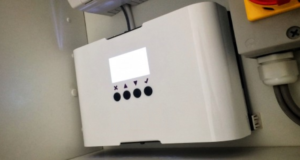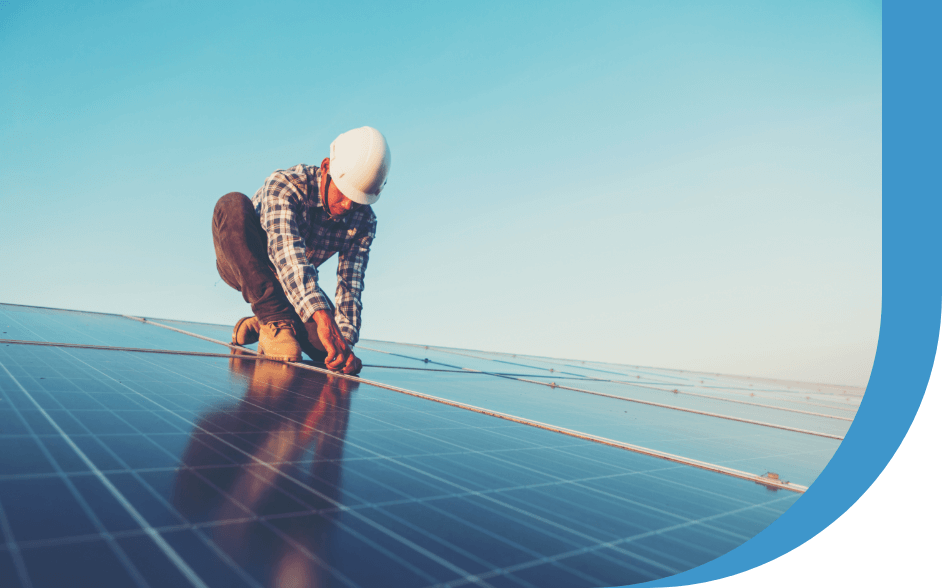Solar energy has become increasingly popular as a sustainable and renewable source of power for residential and commercial properties. Solar panels capture sunlight and convert it into electricity, which can be used to power appliances, lighting, and heating systems.
However, one challenge with solar energy is managing the surplus power generated during sunny periods when consumption is low. This is where solar diverters come into play.
In this article, we will explore the concept of solar diverters, explore their cost, and discuss the benefits they offer solar energy users.
Solar diverters are gadgets made to maximise the use of excess solar energy produced by photovoltaic (PV) panels. They are also referred to as solar immersion diverters or solar diverter hot water.
These devices work by directing excess electricity that would otherwise be exported to the grid towards heating water in a hot water cylinder or storage tank.
By doing so, solar diverters enable solar energy users to maximise the self-consumption of generated electricity and minimise reliance on grid power, ultimately leading to cost savings and reduced carbon emissions.
Solar diverters typically consist of a control unit, current sensor, and relay, all of which are installed alongside the existing solar PV system and hot water system. The current sensor monitors the amount of surplus electricity being generated by the solar panels, while the control unit determines when to divert this excess energy to the immersion heater.
The relay acts as a switch, allowing the diverted electricity to heat the water in the hot water cylinder or tank. Solar diverters are usually compatible with both new and existing solar PV installations and can be integrated with various types of hot water systems, including standard immersion heaters and heat pumps.
Related Articles
The cost of installing a solar diverter varies depending on factors such as the brand, model, and complexity of the system. On average, the upfront cost of a solar diverter, including equipment and installation, ranges from $500 to $1000.
While this initial investment may seem significant, it is essential to consider the potential long-term savings and benefits associated with solar diversion. Additionally, many governments and utility companies offer incentives, rebates, or feed-in tariffs for renewable energy technologies, which can help offset the cost of installing a solar diverter.

Tip - If you're seeking solar panel installation services in the UK, look no further than Potentia Engineering. We take pride in our work, guided by our core values to ensure utmost satisfaction for our clients. Our self-enforcing strategy guarantees the delivery of top-notch service with every project. At Potentia Engineering, we prioritize providing exceptional customer service, ensuring a seamless experience from start to finish. Contact us today for a no-obligation quote and discover how we can help you harness the power of solar energy for your home or business.
Contact us today for a no-obligation quote!
Solar diverters play a crucial role in maximising the efficiency and benefits of your solar energy system. Here's why they are essential:
As renewable energy technologies continue to evolve and become more accessible, solar diverters represent a practical and sustainable solution for harnessing the power of the sun to meet our energy needs.

We pride ourselves on giving an exceptional level of customer service. Contact us to day for a no obligation quote.



If you would like to receive a personalised quote for any or our services, or just have general queries about Solar energy systems please complete the form below. We aim to get back to you within 24 hours.